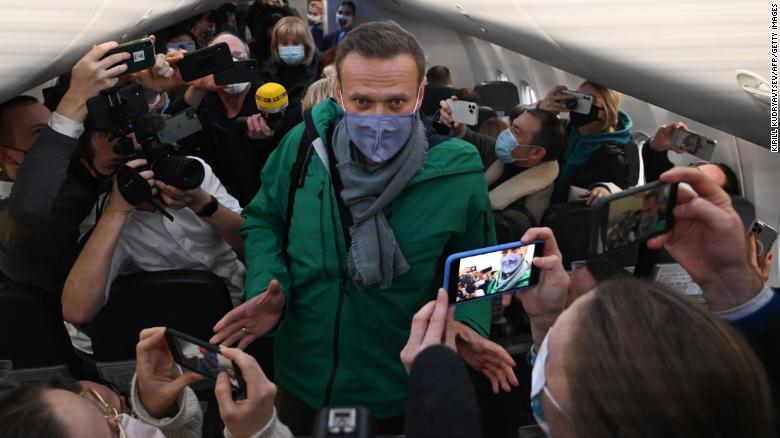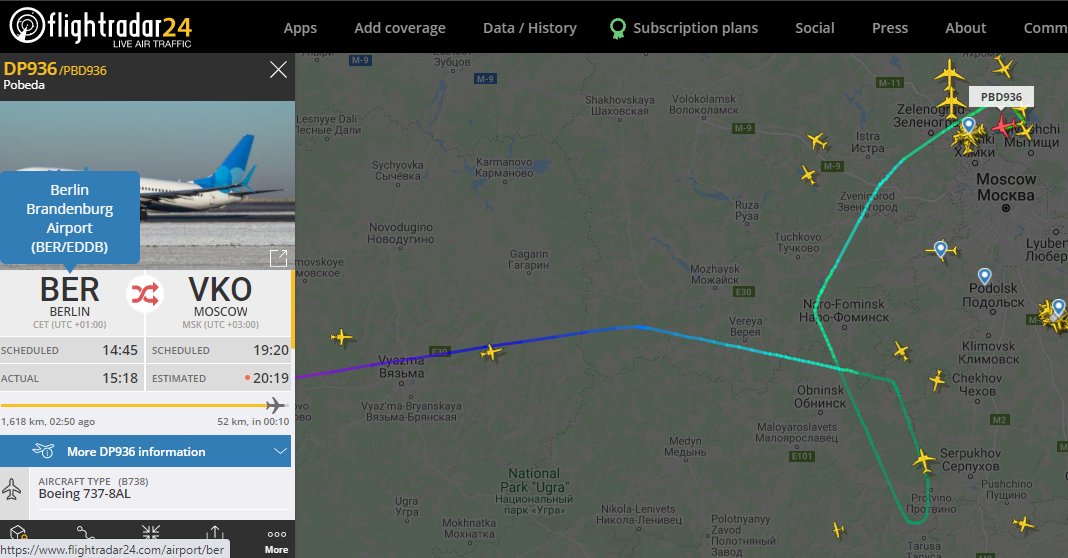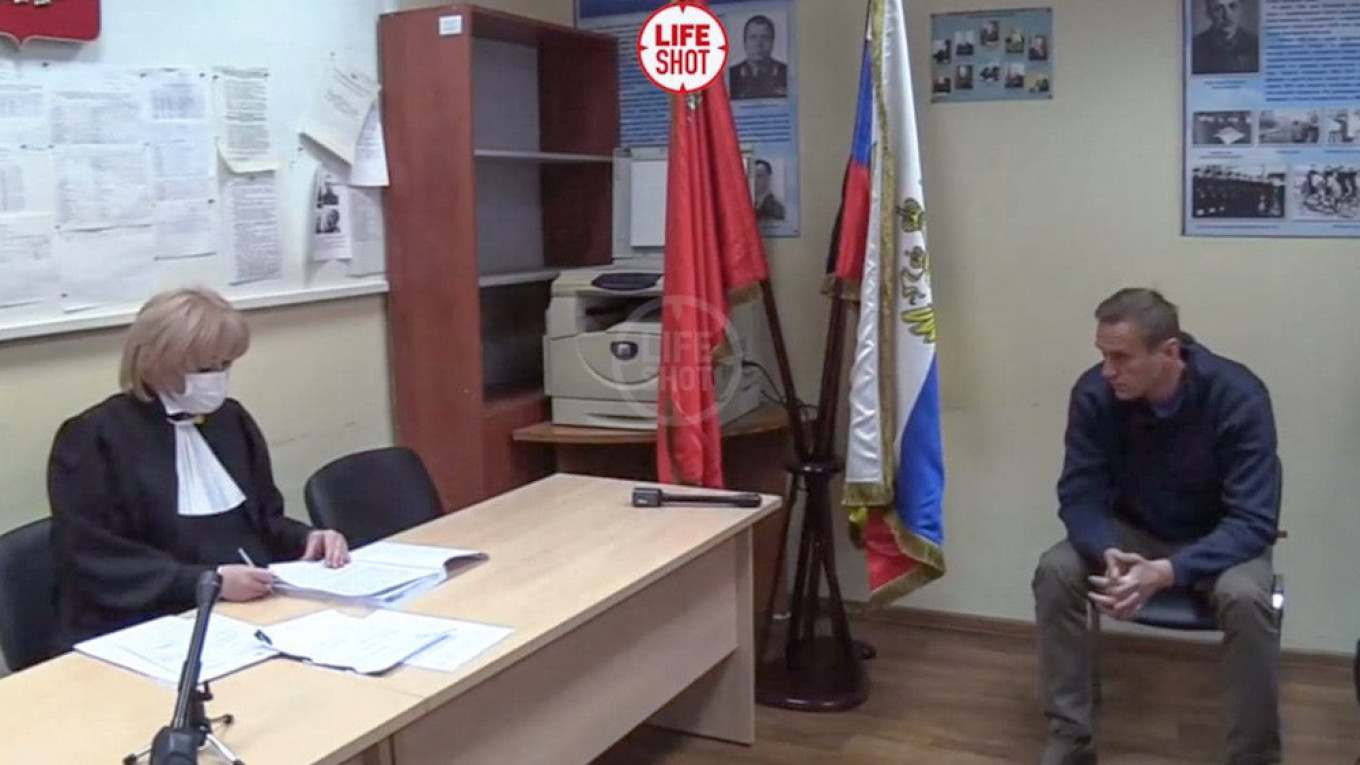RA’s Daily Russia News Blast- January 18, 2020

Today in Russia: Navalny.
In Russia news this weekend, there is one story dominating global headlines: Alexei Navalny. The opposition leader and anti-corruption blogger who survived a poisoning attempt made his way back to Moscow from Berlin on Sunday after announcing publicly his plan to return on Friday, where he has been recovering from the attempt on his life for the past months.
Navalny’s arrival was met by trickery and a massive police presence: his Pobeda airlines flight from Berlin was supposed to arrive at Moscow’s Vnukovo airport last night, but at the last minute it was diverted to Sheremetyevo airport:

The last minute closure of Vnukovo airport was accompanied with the closure of all roads out of Vnukovo. Bellingcat’s Aric Toler tweeted, “They shut down Vnukovo so that Navalny’s supporters couldn’t greet him when he came back, and now a couple dozen other flights have to find new airports to land at because of it. Oh, and closed down all the roads out of Vnukovo so that his supporters couldn’t get to Sheremetyevo.”
The police presence at both airports was also shocking, given that the Kremlin has for years insisted that Navalny is a mere bit player in Russian politics and poses no threat:

Navalny’s arrest took place immediately after passport control and after his associates had already left this “no man’s land” area of the airport. Since his arrest, his trial began inside a police station rather than in a court, where he has not been permitted access to a lawyer. Russia’s Ministry of Internal Affairis proposed that Navalny be arrested for 30 days for “repeatedly violating the conditions of the probationary period” relating to a 2014 conviction. Presumably, his poisoning and subsequent departure from Russia to seek medical treatment abroad is being considered a violation of these probationary terms.

Following Navalny’s announcement that he plans to return home, Russia’s prison service warned of his immediate arrest on arrival, saying it is “obliged” to do so given that he allegedly failed to register with the authorities in line with the conditions of his suspended sentence. Many observers have interpreted these moves as both a sign of the threat Navalny represents to the Kremlin and a signal to the opposition leader that he should stay abroad in exile.
Navalny’s return presented a conundrum for the Russian authorities: “Allowing him to remain at large would appear weak, and enable Mr Navalny to support candidates in Duma elections in September about which the Kremlin is already jittery,” while “[j]ailing Mr Navalny would appear heavy-handed and cowardly to the outside world, risk western sanctions, and make him a behind-bars rallying figure for the opposition. Analysts have suggested his wife could become Russia’s equivalent to Svetlana Tikhanovskaya, the Belarusian opposition leader. An arrest on Mr Navalny’s return to Moscow would take place in the glare of international media and supporters planning to greet him at the airport,” The Financial Times’ Editorial Board wrote.
Political analyst Tatyana Stanovaya wrote on her Telegram prior to Navalny’s announced plan to return that there are three different Kremlin camps on what to do about Navalny: the siloviki wing of the Kremlin see Navalny as a threat and wish he would return to Russia to face arrest; the second, which she calls “administrators” prioritize stability over all else and view Navalny’s return as destabilizing. As a result, this group prefers to see the opposition leader remain in Germany. The third group believes Navalny is not currently a threat, but arresting him could lead to trouble and the best course of action is to let Navalny return and re-join the opposition but take measures to cut at his influence and support that stop short of tossing him in jail.
In Stanovaya’s analysis, the “administrators” had Putin’s ear, but after announcinig his plans to return, Kommersant’s sources said that the hardline siloviki were likely to decide Navalny’s fate – which, as it happens, was precisely what happened on Sunday night.
Top Photo: Alexei Navalny boards his Pobeda Airlines flight from Berlin back to Moscow on Sunday night (CNN).











